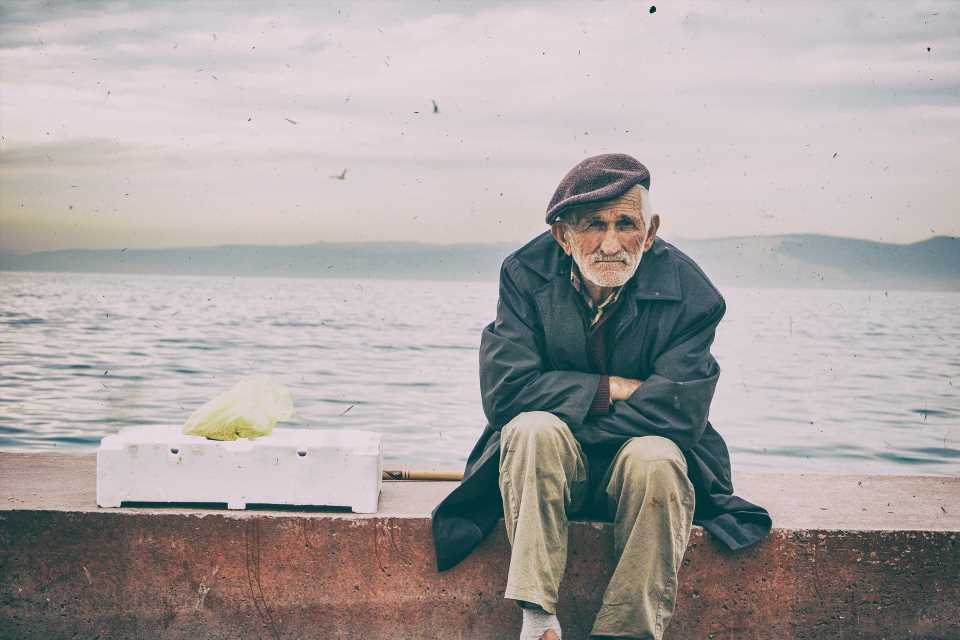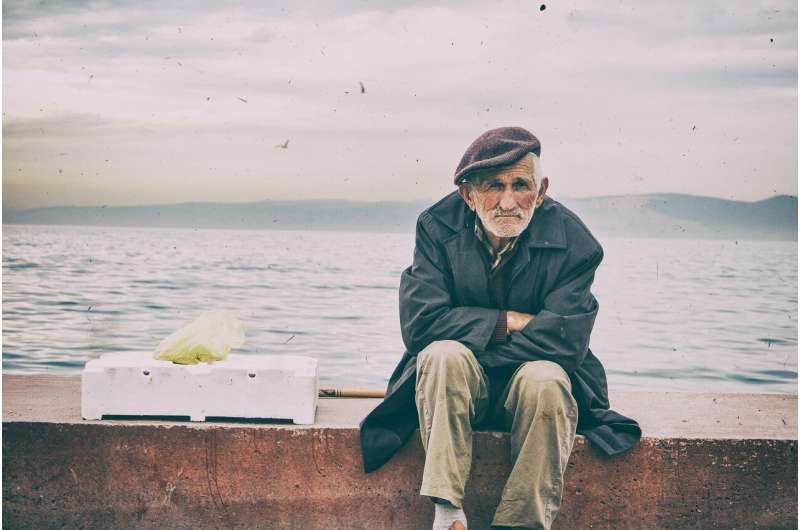

The impact of extreme heat is being felt around the globe this summer, with record-setting temperatures punishing continents as forest fires spew smog polluting populations thousands of miles apart. The health of older populations are being acutely impacted by these phenomena, making any access to cool air vital to their physical and psychological health.
Those are the findings in recent research from Glen Kenny, the University of Ottawa Research Chair in Human Environmental Physiology and a Full Professor of Physiology in the Faculty of Health Sciences.
Evidence supporting the effectiveness of air-conditioned locations is lacking despite global health agencies recommending heat-vulnerable older adults without air conditioning should visit cooling centers.
Professor Kenny and his group put 40 adults aged 64-79 through a 9-hour simulated heat wave of 37 degrees Celsius before separating them into groups, where one enjoyed a 2-hour rest in an air-conditioned (AC) room and the other didn’t.
In research published in Environmental Health Perspectives, core temperature was found to be lower in the AC group and remained so for some time, with the cooling effect reducing the strain on cardiovascular functions. It also showed brief psychological impacts. However, they showed that continued vigilance is needed upon re-entry to the heat as body temperatures can rapidly return to pre-cooling levels.
In a separate research article published in the Journal of Applied Physiology, which evaluated the physiological response of younger adults (ages 19-31) and older adults (61-78) to 9 hours of rest in 40 degrees Celsius heat, Professor Kenny and his team found the older adults endured greater increases in heat storage and core temperature compared to the younger adults.
“With rapidly rising global temperatures threatening the health and well-being of vulnerable population groups worldwide, it is imperative that we accelerate our efforts to develop effective heat protection solutions and advice that will provide equitable protection to heat-vulnerable individuals,” says Kenny, lead investigator of Operation Heat Shield Canada.
More information:
Robert D. Meade et al, Efficacy of Cooling Centers for Mitigating Physiological Strain in Older Adults during Daylong Heat Exposure: A Laboratory-Based Heat Wave Simulation, Environmental Health Perspectives (2023). DOI: 10.1289/EHP11651
Robert D. Meade et al, Physiological responses to 9 hours of heat exposure in young and older adults: Part I—Body temperature and hemodynamic regulation, Journal of Applied Physiology (2023). DOI: 10.1152/japplphysiol.00227.2023
Journal information:
Environmental Health Perspectives
,
Journal of Applied Physiology
Source: Read Full Article